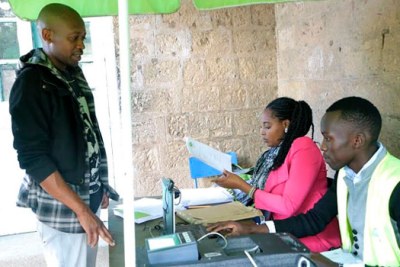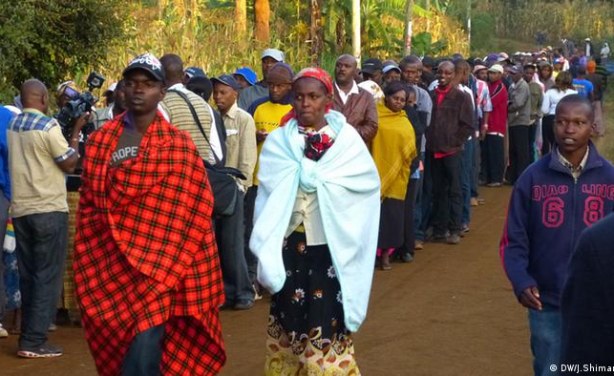-
Kenya: The Red Flags to Watch for in Kenya's Election
The Conversation Africa, 1 May 2022
Kenya's National Cohesion and Integration Commission recently listed 23 counties that are considered potential violence hotspots ahead of the country's August 2022 elections. Read more »
-
Kenya: Meta Moves to Counter Misinformation Ahead of August Elections
Capital FM, 27 April 2022
Meta, Facebook's parent company, is taking aggressive steps to counter the spread of misinformation on its services in Kenya, by removing content that could incite violence or… Read more »
The County Red Flags to Watch For In Kenya's Elections
Kenya's National Cohesion and Integration Commission recently listed 23 counties that are considered potential violence hotspots ahead of the country's August 2022 elections. Several of Kenya's past polls have seen high levels of violence including the violence that broke out after the 2007 elections. It caused over one thousand fatalities and led to a national crisis. This was eventually resolved through a coalition government and constitutional reform.
Research done in Kenya - and other countries - found that mediation and dialogue can yield peaceful solutions to local conflicts. More generally, local dialogue can reduce tensions between communal groups and increase perceptions of security. Other studies have found that local peace agreements are more likely to be effective if they are facilitated by trusted and legitimate mediators. They also need to include clear implementation and enforcement stipulations. A study in Nigeria found that such arrangements promote inter-group tolerance, reduce fears of exploitation and make politicians less likely to use divisive rhetoric.
In the Kenyan context, a comparison of two violence-affected areas indicated that the presence of such an arrangement in Nakuru County decreased hostility and confrontation during the gubernatorial race in 2017. Political discourse in Uasin Gishu, which had no such agreement, was more antagonistic and intimidating. Given that antagonistic political rhetoric in Kenya has often played on communities' fears of victimisation, this risk needs to be kept in mind, writes Emma Elfversson, associate professor, Uppsala University, for The Conversation Africa.
InFocus
-
Cai Nebe for Deutsche Welle reports that the run-up to elections, such as the August 9, 2022, general election, carries a certain sense of foreboding for aspiring politicians and ... Read more »
-
Deputy President William Ruto is the most preferred presidential candidate ahead of Orange Democratic Movement leader Rala Odinga, according to the latest research by Trends Read more »





